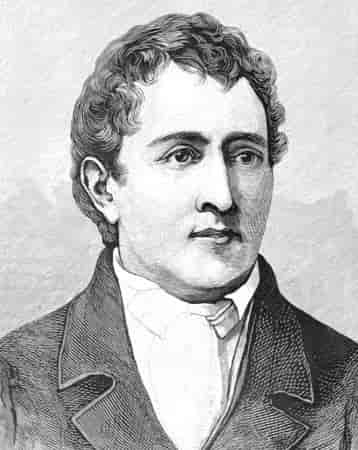The study of chemistry began with the alchemists. These precursors to modern day chemists would seem to you much more like wizards or magicians than scientists. The alchemists had toiled for centuries to discover a material that they called the Philosopher’s Stone. This fabled substance was thought to give its possessor the ability to turn base metals (base meaning cheap and abundant, like mercury or lead) into precious metals like gold. They were also infatuated with the quest for something they called The Elixir of Life, a substance that would cure any malady and even give eternal life.
The shift from the mystical practice of alchemy to the rigorous science of chemistry occurred for the most part in the 18th century, but it did not happen overnight. In fact, many of the early chemists dabbled in alchemy as well.
Hennig Brand is a great example of one of those scientists who walked the line between science and magic. He noticed as we all have around age 3 that human urine shares at least one property with the element gold, its color! So naturally he set about trying to isolate the gold from hundreds of gallons of the ”raw material” that he had collected from willing volunteers. He labored for weeks, boiling, cooling, stirring, and filtering the material before finally condensing it into a white waxy substance that had some very interesting properties. First, it glowed in the dark! Also, it would spontaneously catch fire. Today chemists would call such a material pyrophoric. What Hennig Brand didn’t realize at the time is that he had accidentally discovered the element phosphorous.
In so many cases, the belief in alchemy slowed down the progress of chemistry. Another chemist-alchemist from about a century after Hennig Brand was named Carl Scheele. Scheele was convinced that any substance that could burn contained an alchemical substance known at the time as phlogiston. He was so mislead by alchemy that when he actually isolated oxygen (he was the first to ever do so!), he simply called it fire-air, assumed that phlogiston was still needed for fire, and told no one of his discovery.

The difference between alchemy and chemistry is simple. Alchemy says the physical world is as we say it is, even if no one has ever observed that to be true. This belief led to centuries of frustration and failure in the quest for things like the Philosopher’s Stone and the Elixir of Life.
Chemistry, on the other hand, says the physical world is as it is and it is up to us to investigate it. This shift in thought has produced unfathomable advances in materials, medicine, and technology that affect virtually every aspect of your daily life. I am 100 percent certain that at this very moment, you are within arm’s reach of multiple synthetic materials that would not exist if we still lived in the world of alchemy.

